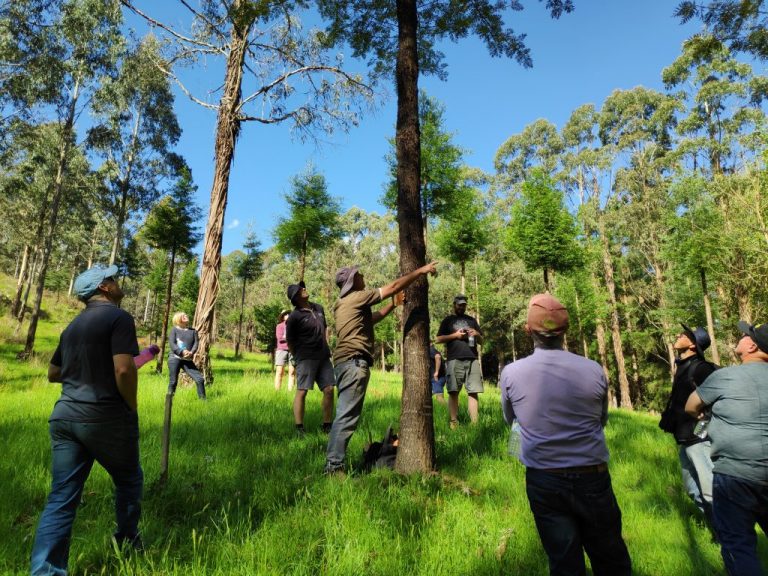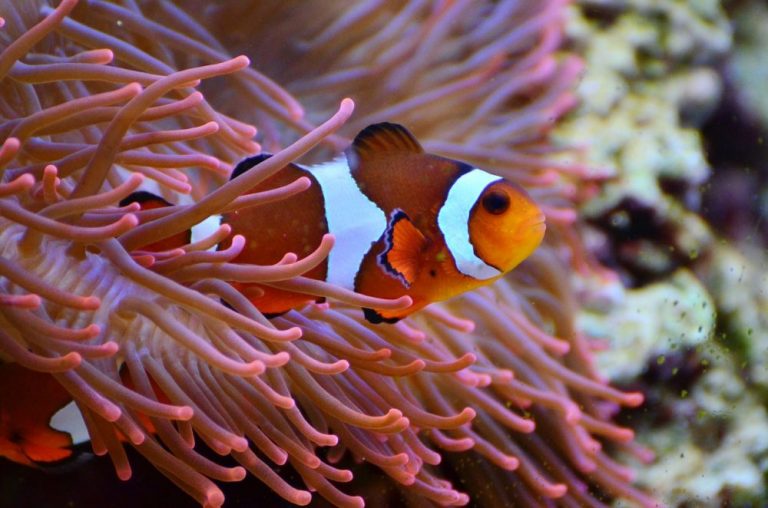A zoologist studies various species, population interactions, and specific species or behaviors. In laboratories or outdoor environments, they collect and evaluate information.
Many workers in this career perform studies and teach at universities, while others are employed with wildlife concerns at zoos or federal agencies.
In both undergraduate and graduate levels, zoology degrees are accessible. The bare minimum education required for field employment is a bachelor’s degree, whereas a master’s degree qualifies a person with more pay and accountability for higher-level roles.

Education and Training to Become a Zoologist
Some bachelor programs in zoology enable specialization, and others are more widespread. General biology, chemistry, physics, and mathematics are the core classes for most applications. Sometimes, the requirement for biology is split into lessons in the biology of molecules and organisms.
Options are marine biology, ecology, genetics, animal behavior, or zoo and aquarium science if specialization is permitted or needed. By taking certain elective classes on the topic, you can develop a specialty.
You can find beginner-level work in zoology or as a wildlife biologist with a bachelor’s degree in zoology, as there are minimal requirements for education and experience. You can move up to higher-paying roles once you obtain more knowledge.
Commit to volunteer jobs or internships. Not only can volunteering and interning count for college credit, but these experiences also provide possibilities for networking that help finds future posts.
Where to Apply to Jobs as a Zoologist
Some in this career operate for zoos, wildlife centers, wildlife parks, and aquariums, where animal care, allocation, and enclosures are managed. They may also assist in restoring wild populations through breeding programs.
Zoologists also operate for wildlife conservation organizations where they can assist, rehabilitate, and release pets, plan projects involving local communities in conservation and ecotourism, or lobby governments on policy.
For pharmaceutical companies, you can be one of many who are researching new vermin control drugs or veterinary medications. Some operate as museum curators, managing samples, conducting studies, and educating the audience. Others are academic faculty members.
Average Salary as a Zoologist
According to Study.com, a zoologist can earn at least $59,680 per year (for all zoologists and wildlife biologists) since 2015. This increases as the experience grows.
In addition, the Bureau of Labor Statistics states that the 2012 median annual wage for zoologists and wildlife biologists was $57,710. At $72,700, those in the federal government earned the most.
Following them were zoologists employed in research and development ($59,670); local government ($57,110); management, scientific, and technical consulting services ($56,740); state colleges, universities, and professional schools ($55,610); and state government ($51,780).
Job Description as a Zoologist
An entry-level zoologist is in charge of the following tasks:
- Analyze the lifecycle and function of pets in terms of the general environment in which they are part.
- Conduct species population assessments using field techniques or GIS technology.
- Collect, process, and prepare samples for study.
- Analyze information and experimental observations, and assess the outcomes of the research.
Conclusion
A zoologist also acts as a specialist advocate and spokesman for wildlife and ecosystem issues. He or she also interacts with other researchers, professionals, and advocacy organizations to maintain and track habitats and populations.
If you think you may be ready, plan to start a career as a zoologist now. For more zoo-related jobs, click here.
Also read – Job Description: Dog Breeder












